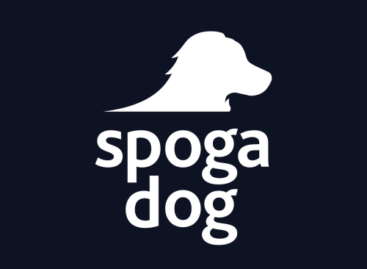Consumer confidence in branded products is growing again in Germany
The popularity of private label products has somewhat waned and fewer consumers consider them an equivalent alternative to branded products, Lebensmittelpraxis reports citing the latest research by consultancy firm Smartcon in Germany.

While 77% of shoppers in 2023 still thought private label was a good choice without compromising on quality, by 2024 this figure had fallen to 56%.
Benefits of branded products
The research shows that branded products perform better in all major categories. 53% of respondents say they are of high quality, compared to 46% voting for private label. They are considered innovative by 52%, compared to 41% believing in private labels. Branded goods also have an advantage in terms of appearance: 55% say they have a premium look, whereas only 40% think the same about private label.
According to study author Oliver Kaul, during the economic crisis, consumers viewed private label as a self-defence mechanism, making them feel less of a “deficient experience of their own changed purchasing behaviour”.
Discount chains lead the way in sustainability
In one area, private labels perform better: in terms of sustainability and social responsibility, Aldi and Lidl private labels outperform the big brands, as well as own-brand goods of other German supermarket chains (such as Ja! and Gut & Günstig).
In this respect, young people in particular are critical of major brands: among 19-29 year olds, only 31% consider brand manufacturers to be responsible, a 10 percentage point drop compared to last year. According to Smartcon, this is because big brands have not been able to effectively communicate their sustainability messages to their young target group, either through traditional media or in-store.
Related news
Related news
ZEW: Economic expectations worsened in Germany and the euro area in February
🎧 Hallgasd a cikket: Lejátszás Szünet Folytatás Leállítás Nyelv: Auto…
Read more >NKFH: inspections focus on discount prices and customer deception
🎧 Hallgasd a cikket: Lejátszás Szünet Folytatás Leállítás Nyelv: Auto…
Read more >








